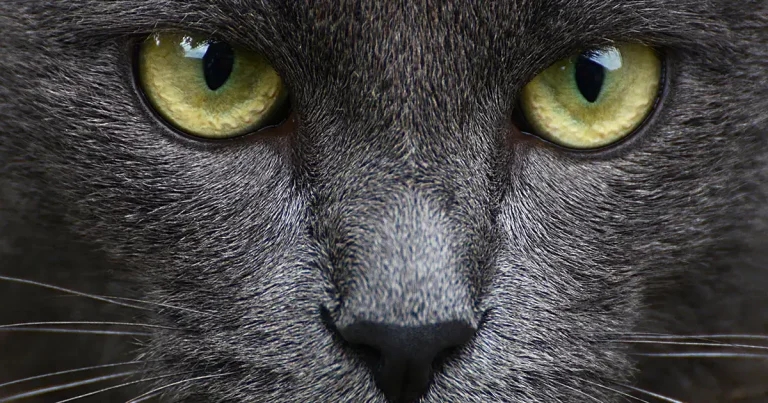12 Aug 2025
Researchers say the findings could enable promising human treatments to help ageing animals too.

Image: Vladimir Voronin / Adobe Stock
A new study published today, 12 August, has suggested that cats with dementia experience brain changes similar to those of people living with Alzheimer’s disease.
Researchers say the feline condition provides a “perfect natural model” for further studies and could pave the way to better treatments for both animals and humans.
The study, published in the European Journal of Neuroscience, analysed the brains of 25 cats collected at Edinburgh’s Royal (Dick) vet school.
It found build-ups of a toxic protein called amyloid-beta were present in the brains of cats that were ageing or affected by feline cognitive dysfunction syndrome (CDS).
But those accumulations only correlated with synaptic ingestion by two forms of glial cells in the brain, microglia and astrocytes, within the CDS group.
Although a need for larger samples was acknowledged, the paper said that finding aligned with human studies where the presence of the protein alone “does not fully predict” the severity of the disease.
Study lead Robert McGeachan described the similarities between the feline and human conditions as “striking”.
He added: “This opens the door to exploring whether promising new treatments for human Alzheimer’s disease could also help our ageing pets.
“Because cats naturally develop these brain changes, they may also offer a more accurate model of the disease than traditional laboratory animals, ultimately benefiting both species and their caregivers.”
The findings are thought to be particularly significant because previous studies have tended to rely on analysis of rodent species that do not naturally develop dementia.
Professor Danielle Gunn-Moore, personal chair of feline medicine at the Royal (Dick), said: “Feline dementia is so distressing for the cat and for its person. It is by undertaking studies like this that we will understand how best to treat them.
“This will be wonderful for the cats, their owners, people with Alzheimer’s and their loved ones. Feline dementia is the perfect natural model for Alzheimer’s, everyone benefits.”